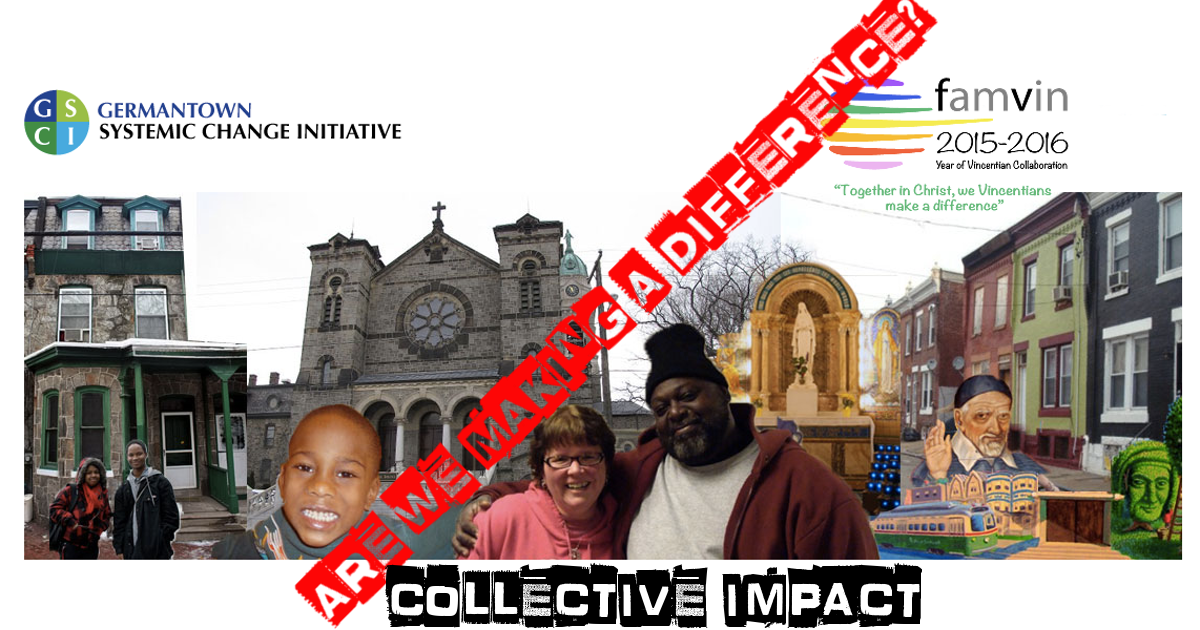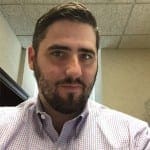
by Mike Clark
When I explain my work in the field of collective impact and systems design, I have some go-to phrases, like:
Our biggest social problems cannot be solved by any one organization, we need to collaborate and coordinate.
Big changes require a system and infrastructure to support them.
Rome wasn’t built in a day, and an innovation like the aqueduct took many years to design and develop.
I very often receive comments along the lines of:
That sounds like just theory.
Shouldn’t this already be happening?
And my personal favorite: What is it that you actually, you know, do?
I expect some of these responses when discussing my work at a family reunion, cocktail party, or after a pickup basketball game. However, some people that work in the social/nonprofit/faith-based community offer a similar response.
I prefer action over this theoretical stuff. Less talk, more action.
I would argue that the work involved in a collective impact-type initiative is action, but of a different type. Convening, relationship-building, data design and management, capacity building, systems mapping, performance measurement and management, social innovation research and development, facilitating, organizing, listening, framework-ing, adapting, nudging, pivoting, and iterating are all actions in this line of work. This is quite different from feeding, sheltering, providing clothing, and even somewhat different than the traditional approaches to community organizing.
I always wanted to be a Firefighter. The image of the Firefighter heroically running into a burning building to save a distressed person or family from a desperate situation always inspired me. In working with the poor, we have an army of Firefighters: heroic women and men who sacrifice their lives to rescue people from distressed, often impossible situations. They most certainly are women and men of action.
We also need Electrical Engineers. These men and women notice that there are too many fires happening, and look to research, design, and implement systems that lead to new ways to fight fires more efficiently and effectively, how to better coordinate communication between fire departments, and how prevent fires from happening in the first place. This requires action that exists on a time horizon much longer than running into and out of a burning building; this type of action takes a bit longer to develop and manifest.
I always wanted to be a Firefighter, but I ended up being more of an Electrical Engineer. I just need a way to explain that better at a cocktail party.
 Mike Clark is the Executive Director of the Impact Germantown, a collective impact venture championed by the Vincentian Family in Philadelphia. Mike has advised faith-based communities in the areas of performance management, impact measurement, and impact investing. He has also developed social-innovation finance legislation for the state of New Jersey. Prior to his current role, he worked in a variety of roles in K-12 urban education in Philadelphia including strategy, resource development, and teaching. Michael also served as a Peace Corps volunteer in Bulgaria. He holds a Bachelors degree from the University of Scranton, and a Master of Public Administration from the University of Pennsylvania’s Fels Institute of Government.
Mike Clark is the Executive Director of the Impact Germantown, a collective impact venture championed by the Vincentian Family in Philadelphia. Mike has advised faith-based communities in the areas of performance management, impact measurement, and impact investing. He has also developed social-innovation finance legislation for the state of New Jersey. Prior to his current role, he worked in a variety of roles in K-12 urban education in Philadelphia including strategy, resource development, and teaching. Michael also served as a Peace Corps volunteer in Bulgaria. He holds a Bachelors degree from the University of Scranton, and a Master of Public Administration from the University of Pennsylvania’s Fels Institute of Government.







0 Comments